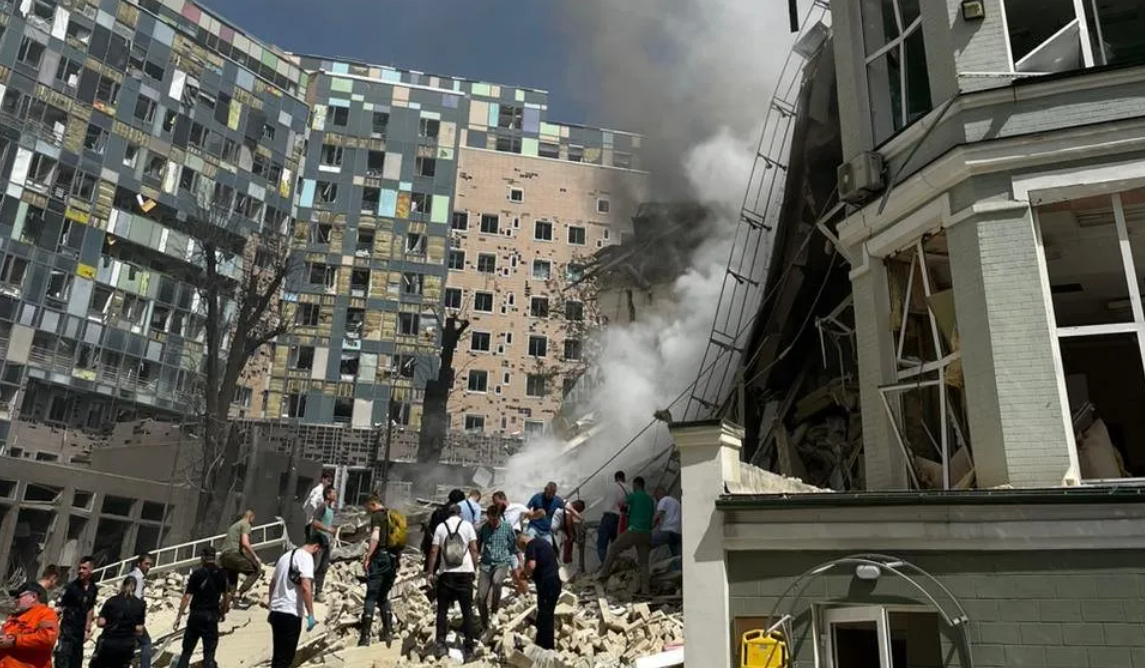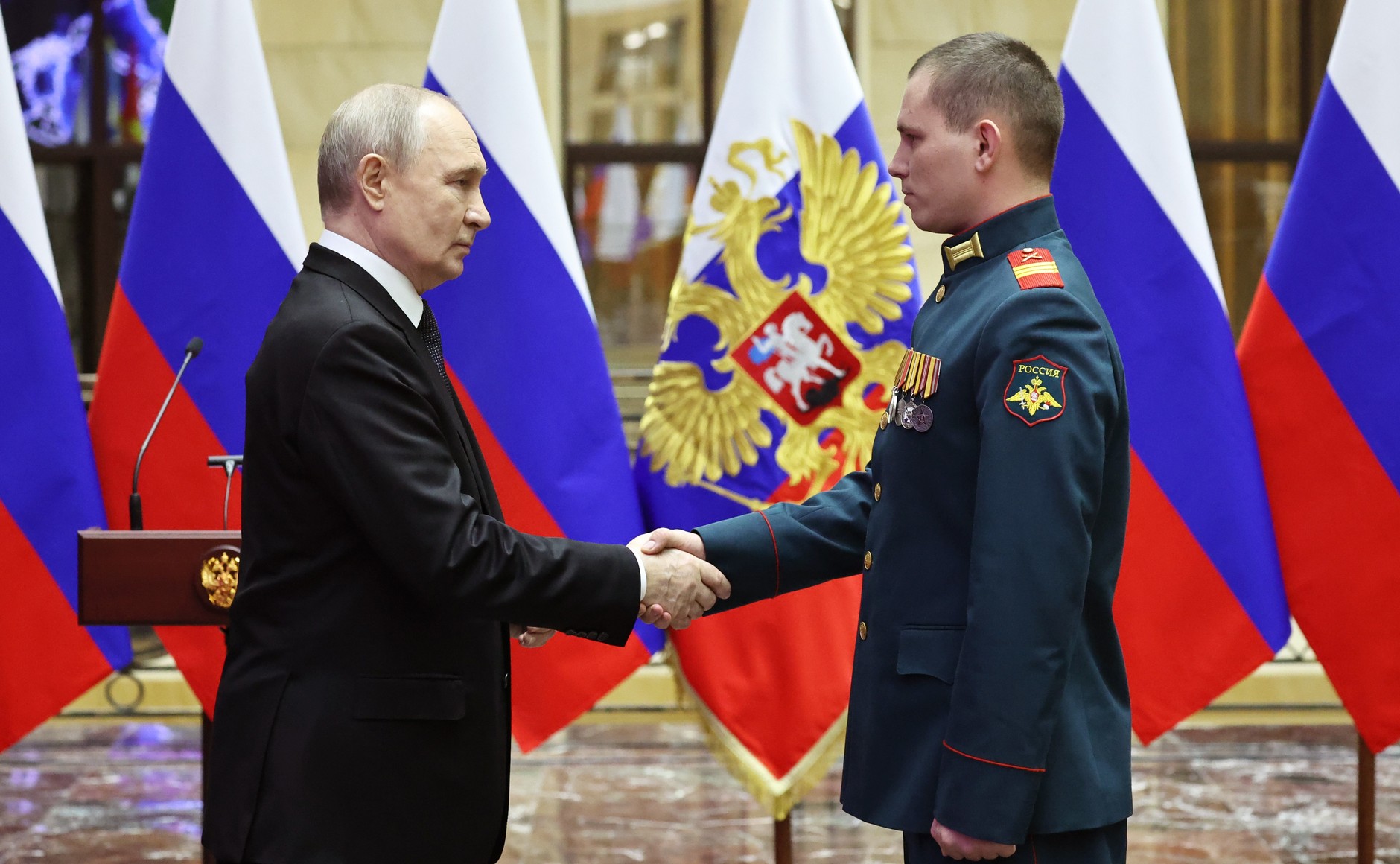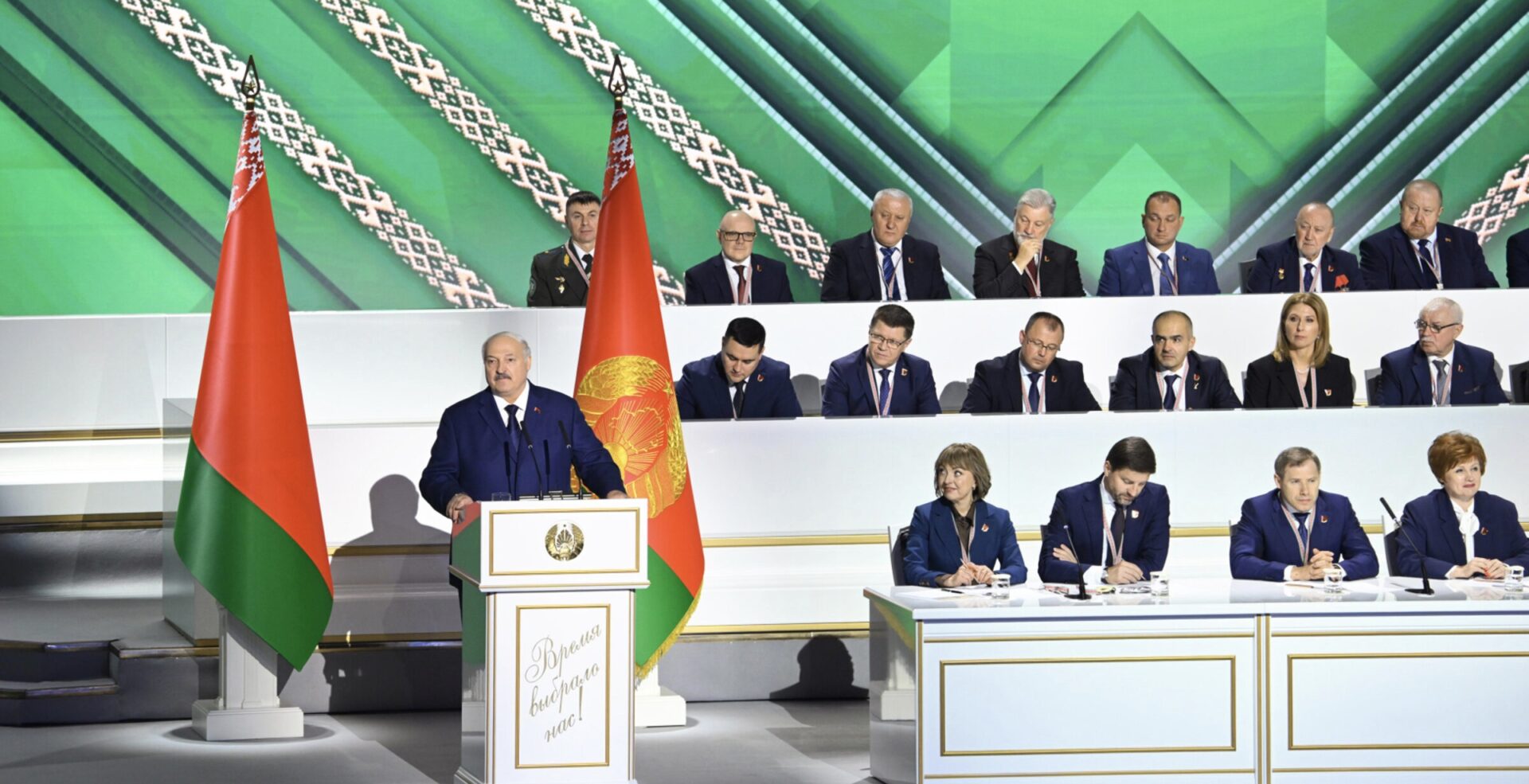
Brutal Strikes on Ukraine Preserve Putin’s Maneuverability
Brutal Strikes on Ukraine Preserve Putin’s Maneuverability
Executive Summary:
- The series of brutal Russian strikes against Ukraine, especially on Okhmatdyt Children’s Hospital, have raised the stakes of Moscow’s war before a possible start of a negotiation process, creating a precedent of brutality Russia must uphold to maintain the initiative.
- These strikes have emboldened Russian radicals who demand victory and view any peace negotiations as betrayal, and Russian President Vladimir Putin is now in a precarious position due to his dependence on these radicals for support.
- Having driven itself into constant escalation, the Kremlin will need to continue promoting and financing its military-industrial complex to maintain the intensity, which will draw it into a new arms race that could destroy the economy.
At the beginning of July, Russia launched a series of brutal strikes on Ukrainian territory, resulting in dozens of deaths and hundreds of injuries. This included the destruction of Ukraine’s leading children’s hospital, Okhmatdyt, where child cancer patients were treated (Radio Svoboda; ВВC Russian service, July 8). Many observers believe that the deadly strikes on Ukrainian cities and the Kyiv children’s hospital were intended to strengthen Russian President Vladimir Putin’s negotiating position on the ceasefire issue (YouTube.com, July 9). Andrey Perla, a columnist for the right-wing Russian TV channel “Tsargrad,” did not hide his glee over the strikes. Perla noted that this was “insufficient retribution for the terrorist act on Sevastopol Beach.” He openly expressed hope that against the backdrop of the latest attacks, certain European politicians would tell their colleagues that “there is no need to talk about victory over Russia, but rather somehow come to an agreement with these Russians” (Тsargrad.tv, July 11). Moscow’s continued escalation of the war in hopes of tiring Ukrainian and Western resolve to achieve victory or a ceasefire—which would allow Russian forces to regroup—can only last so long. The country’s military-industrial complex is running low on resources and funding to support the long war, crippling Russia’s economy and enraging nationalistic radicals within Russia (see EDM, April 29, May 30, June 27).
Recently, a narrative has been spreading among Russian “war correspondents” and military experts that any peace negotiations will lead to Russia’s capitulation. Thus, focus should remain on winning the war. Writers for the Russian “Military Review” website, which is closely connected to the Russian Ministry of Defense, increasingly say that to win, Russia needs to “decapitate the ‘Ukro-Reich,’ systematically destroying its decision-making centers and the war criminals themselves.” Additionally, they insist that “a freeze would be a strategic defeat for the Russian Federation. An anti-Russian criminal regime will remain in most of Novorossiya-Malorossiya [New Russia-Little Russia]” (Topwar.ru, July 6).
Under the influence of such sentiments, Russian analysts who had earlier written about the desirability of prospective peace negotiations began to change their tune. Perla additionally wrote about how the recent series of brutal attacks against Ukraine not only inflicted overwhelming damage on the external enemy but “simultaneously became blows against the internal enemy”—namely, those favoring peace negotiations. He asserted that as long as most people dream of peace and do not live by wartime laws, victory for Russia is impossible. The new attacks represent the final defeat of all calls for peace. “Just as with the external enemy, decisive blows deprive the internal enemy of hope. Russia will not yield. Russia will not stop. Russia will not agree to a draw—there can be no draw with a mortal enemy,” he concluded (Тsargrad.tv, July 12).
Along with such rhetoric, narratives that dehumanize Ukrainians are gathering momentum. Tsargrad commentators call for recognizing that “there are no people on the other side.” As such, it is necessary to forbid oneself from considering all Ukrainians, including children, as humans (Тsargrad.tv, July 8).
Inspired by the attack on the children’s hospital, radical Russian patriots began listing new goals for the Russian army. Some “modestly” insist on the speedy capture of Odesa, Mykolaiv, and Kherson, while others call for preparations for a full-fledged “battle in the air” and further escalation (Tsargrad.tv, July 13 [1], [2]). A regular contributor to Military Review, Alexander Staver, openly calls for the elimination of Ukrainian President Volodymyr Zelenskyy (Topwar.ru, July 12). Many of these pro-war analysts agree that “signing a peace treaty under the current conditions could be a costly mistake for Russia” (Тsargrad.tv, July 13).
Russian President Vladimir Putin’s invasion significantly depends on nationalistic radicals to maintain societal support for his war. Therefore, the Kremlin leader cannot ignore their opinions. Some pro-war commentators increasingly demand that society live by wartime law. Yet, the Kremlin still tries to avoid raising the costs of war too much—for example, through another wave of mass mobilization—to avoid large-scale protests and widespread social unrest (see EDM, July 10). To avoid such upheavals, Moscow will likely continue to allow people to distance themselves from the war. This means that the only action the Putin regime will be able to take to appease the radicals will be to continue the brutalities in Ukraine.
Further escalation requires additional funding for the defense budget and a prolonged arms race. Artem Orlov of anti-war analytical outlet “Re-Russia” warned back in 2022 that “the war economy will become yet another challenge for the Putin regime.” He predicted a reduction in Russian exports and a ballooning budget deficit. These predictions have since come to passed and have stirred up discontent among many Russian citizens and critically injured the Russian economy (Re-Russia.net, November 24, 2022). Should Moscow be drawn into a more global confrontation through further escalation fueled by calls from nationalistic radicals, negative trends, such as a further declining economy, discontent among the Russian people, and domestic unrest, may develop much more rapidly than analysts predict, accelerating the rupture of Russian society.


